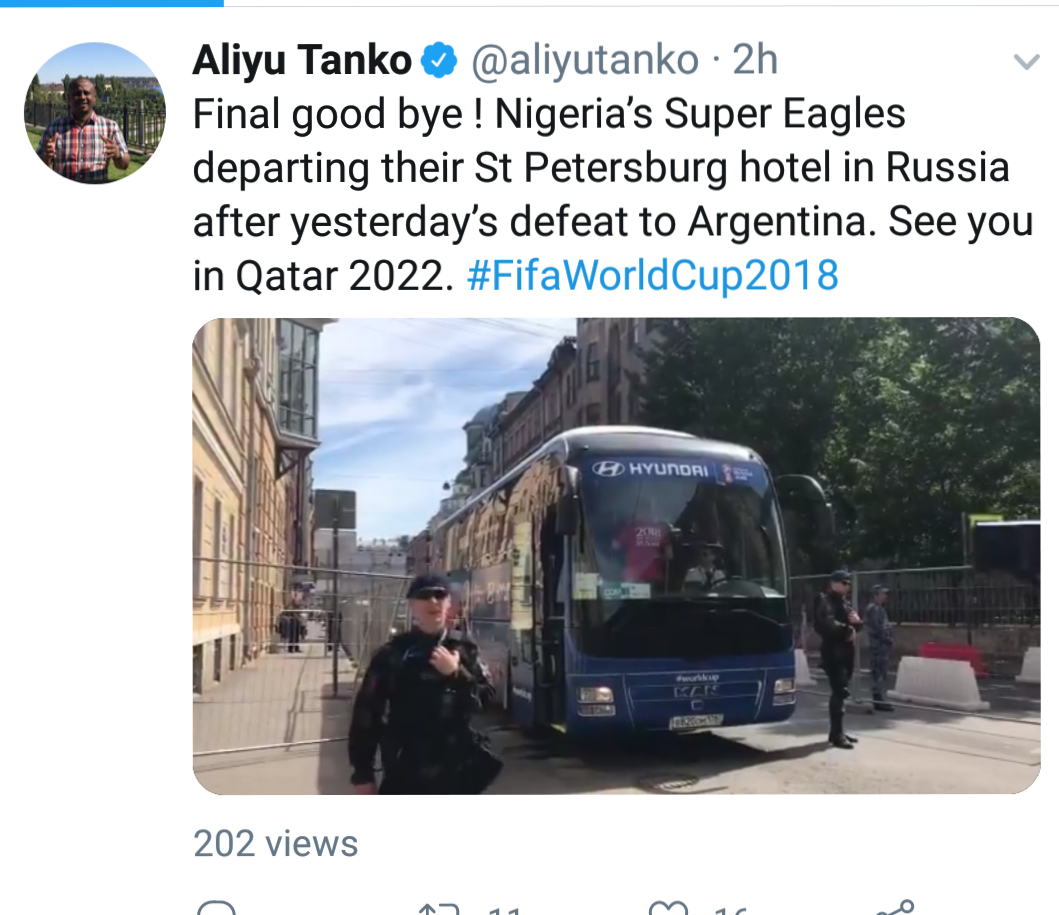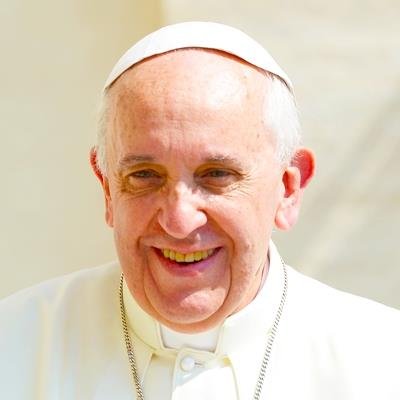
UN
Cameroon: Kidnapped Kumba Children have been released, UN condemns violence
All nine students and a teacher kidnapped from a school in English-speaking Cameroon have been freed, the BBC has said.
“The private school on the outskirts of Kumba, in the South-West region’s Meme district, had come under attack from gunmen on motorbikes on Tuesday.
Meanwhile, the UN Human Rights Office (OHCHR) has condemned the continuing insecurity in Cameroon, amid reports of killings by armed groups and state forces that has prompted mass internal displacements.
The development followed a worsening situation in North-West and South-West Cameroon, linked to protests by English-speaking citizens against discrimination since October 2016 that escalated into violence involving secessionists and state forces.
The authorities have blamed separatist fighters for the abduction.
A senior government official in Meme, Chamberlin Ndong Nto’ou, told the BBC that three students were released on Tuesday night as troops raided a separatist camp, killing two fighters and capturing one.
This allowed seven of the hostages to escape – the other six students and a teacher were abandoned by the gunmen as they were pursued by the security forces.
The teacher is said to be receiving medical attention in the hospital. The students have been handed over to their parents.
Mr Nto’ou said two other separatists were killed on Wednesday morning as they tried to bury their colleagues, including the head of the group, who was known as “Man of Locks”.
The attack took place at noon on Tuesday causing pandemonium on the campus of the Lords Bilingual Academy, with many of the children jumping over the school fence to avoid being kidnapped.
Many of the students remained unaccounted until later on Tuesday.
The OHCHR Spokeswoman, Ms Ravina Shamdasani, said: “we strongly condemn the human rights violations and abuses that have plagued the people in the North-West and South-West regions of Cameroon.
“We call on armed secessionists groups to refrain from the use of violence. We urge the government to respect and protect the rights of all.”
Shamdasani noted that more than a year of violence in the central African nation had left populations “living in fear” and unable to access their basic human rights.
The spokeswoman insisted that government needed to address “long-standing grievances, including through dialogue.
“This is in addition to investigating all cases of violations reportedly involving security and defence forces and holding the perpetrators to account.’’
Shamdasani said that communities were at constant risk, in spite of the recent announcement that secessionist militia had released dozens of young hostages from a school in recent weeks.
“In addition to the high-profile abduction and subsequent release of 78 students and three staff at a secondary school in Bamenda in the North-West earlier this month, we regularly receive reports of abductions, reportedly carried out by armed secessionist groups,” she said.
In the past two weeks, eight students and one school official were reportedly abducted in the south-west city of Kumba, while at least 13 nuns were also taken near the village of Bamessing in the North-West.
“They were all subsequently released, after some parents paid ransoms and the Catholic Diocese of Kumba intervened,” Shamdasani explained.
“In recent months, Cameroonian armed forces have allegedly carried out a number of extra-judicial executions in the troubled North-West and South-West, the OHCHR official said.
“On Oct. 20, in the village of Rom in the north-west town of Nwa, security forces reportedly killed four villagers during a confrontation with these armed groups.
“While on Sept. 24, two men suspected of being secessionist fighters were reportedly killed on the spot,” Shamdasani said.
The violence has led to mass displacements inside and outside the country, which the UN Office for the Coordination of Humanitarian Affairs (OCHA) has described as an “urgent” humanitarian concern.
“In total in these areas we are talking about, there are about four million people and as we have heard, there are already 436,000 people internally displaced,” OCHA spokesperson Jens Laerke said.
Laerke added that help was “slowly increasing” in the North-West and South-West adding, the South-West is the “epicentre” of the displacement crisis, after 246,000 people fled their homes.
“Amid the ongoing threat of violence, securing safe access for humanitarian workers remains a major obstacle to delivering aid.
“However, a shortage of financial support was the greatest problem, illustrated by the fact that a $15 million appeal launched in May to help 160,000 people had raised only one-third of what was required.
“Lack of funding and of course, the limited access – but particularly a lack of funding – remain the main impediment to enable the scale-up of the humanitarian programme,” Laerke said.
The overall 2018 Humanitarian Response Plan for Cameroon, which amounts to $320 million is less than 37 per cent funded, OCHA said




Recent Comments